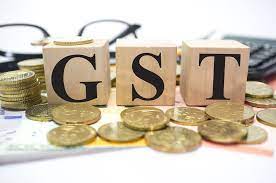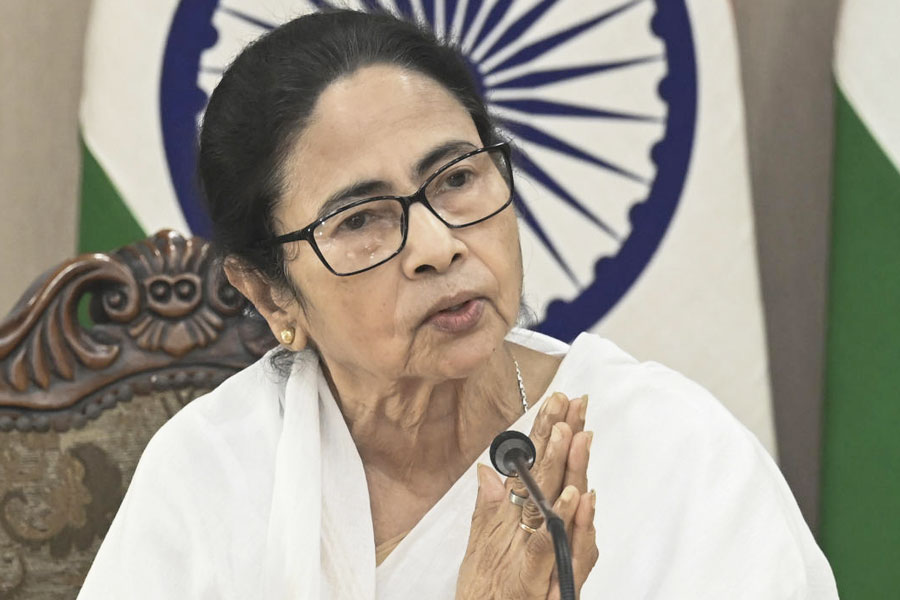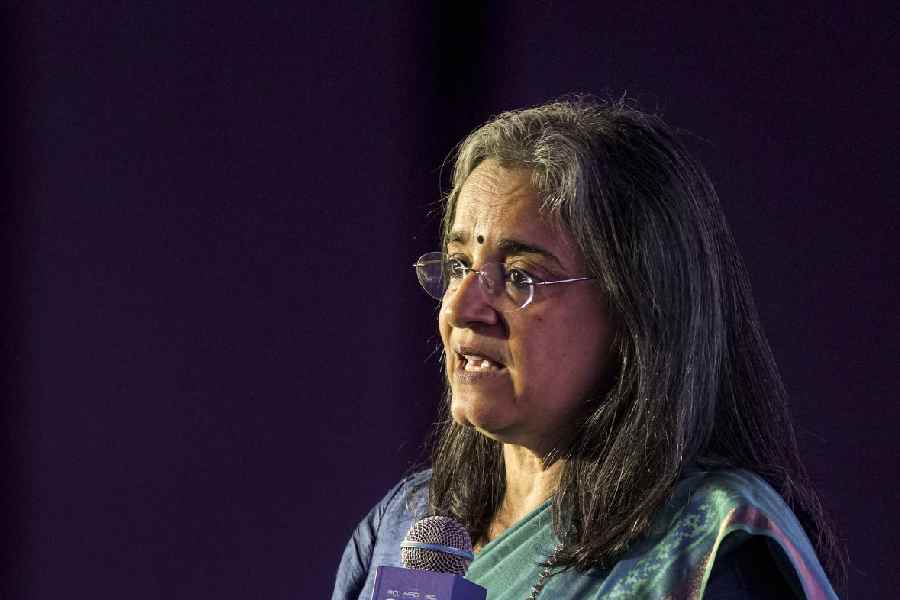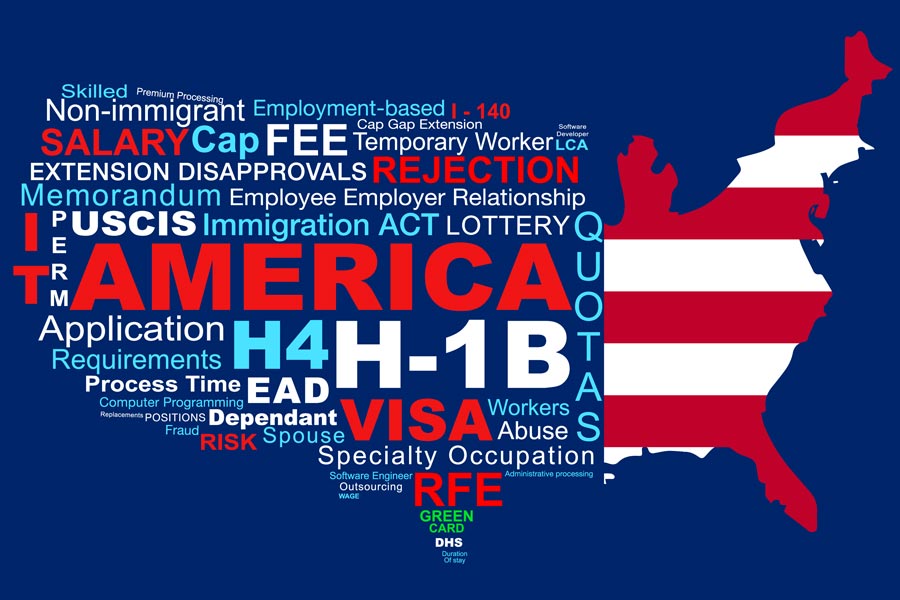The Supreme Court on Thursday ruled that the recommendations of the GST (Goods and Services Tax) Council are not binding but only recommendatory in nature on the Centre and states — as otherwise it would affect the federal structure of the country.
At the same time, the SC upheld a Gujarat high court order quashing the levy of IGST (integrated GST) on ocean freight under the reverse charge system. Indian importers who had paid such tax will be eligible to refund, sources said.
The GST Council is slated to meet later this month and the ramification of the Supreme Court judgment could be the major talking point in the meeting.
A bench of Justice D.Y. Chandrachud, Justice Surya Kant and Justice Vikram Nath said the deletion of Article 279B and the inclusion of Article 279(1) by the Constitution Amendment Act 2016 indicates that Parliament intendedthe recommendations of the GST Council to only have a persuasive value, particularly when interpreted along with the objective of the GST regime to foster co-operative federalism and harmony between the constituent units.
Besides, since the Constitution does not envisage a repugnancy provision to resolve inconsistencies between the central and state laws on the GST, the council must ideally function, as provided by Article 279A(6), in a “harmonised manner to reach a workable fiscal model through co-operation and collaboration”.
Business as usual
Revenue secretary Tarun Bajaj said the applicability of GST Council’s decisions is unlikely to materially impact the one-nation-one-tax regime as it is only a reiteration of the existing law that gives states the right to accept or reject the panel’s recommendation on taxation — a power that none has exercised in the last five years.
“The recommendations of the GST Council, as per the constitutional amendment, were always a guidance and never a mandatory compliance. States, even though differing on tax rates on a particular good or service in the council, never went back and framed legislations that were not in line with the panel’s recommendations. And this practice is likely to continue unhindered,” he said.
The constitutional amendment that brought the Goods and Services Tax (GST) regime from July 2017 by subsuming nearly one-and-a-half-dozen central and state levies, provided for a Council of central and state finance ministers for decision making.
K.N. Balagopal, the finance minister of Kerala told The Telegraph “the GST law, from inception itself, is against the interest of federalism. This order under the ambit of co-operative federalism has upheld the freedom of the states in taxation which was important”.
“Since the GST regime came into being, the Centre had been arbitrarily imposing its decisions on the states, affecting their revenue and forcing them to impose treasury restrictions. The Supreme Court judgement would pave the way for the states to protect their rights and ensure financial stability,” he said.
Chhattisgarh GST Council member T.S. Singh Deo told this correspondent that “the Centre takes away more than 29 per cent revenue collected by the states. This judgement would open up avenues for state taxes as the tax buoyancy has not been as promised before the implementation of the GST.”
With inputs from Delhi Bureau











